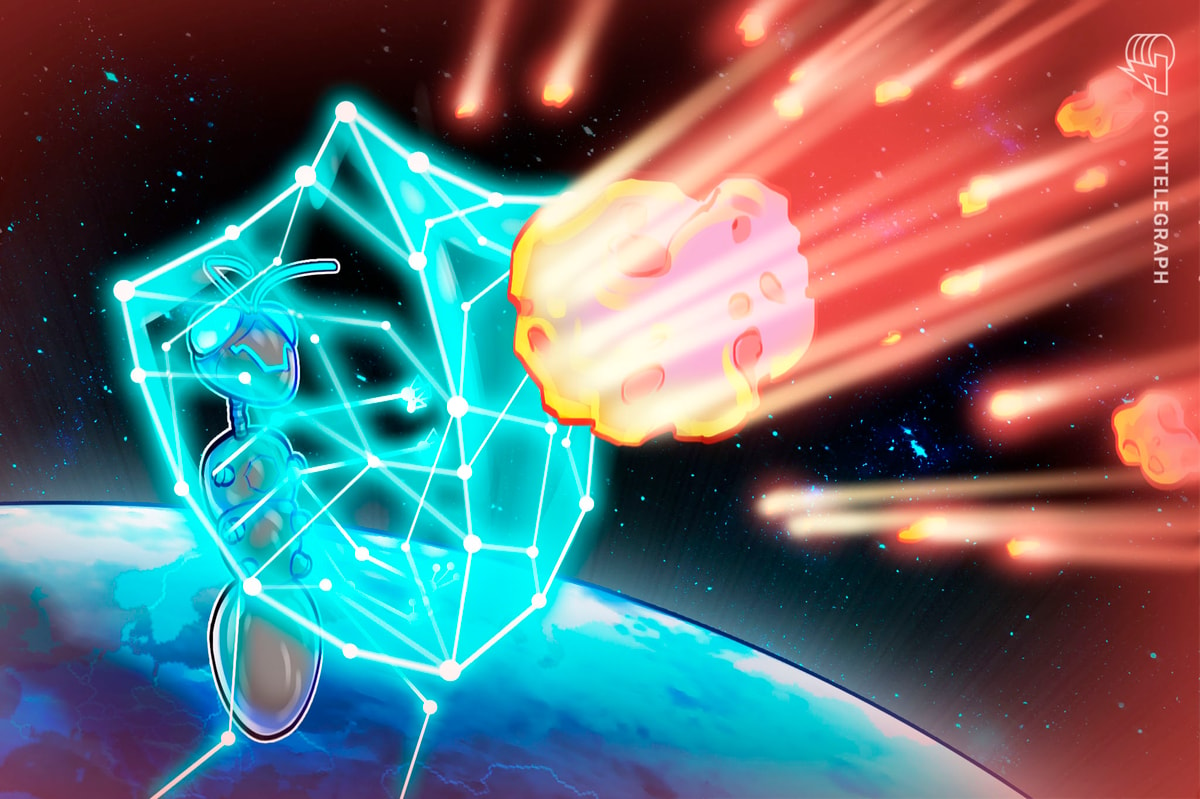According to an announcement on September 16, Risc Zero is preparing to launch a service designed to use zero-knowledge (ZK) proofs to provide blockchain security to any off-chain application.
The service, called “Boundless,” seeks to solve blockchain’s most challenging scalability challenges, including limits on transaction throughput and cross-chain interoperability, by “bypassing existing on-chain execution limitations” using ZK proofs, Risc said.
Boundless is the latest in a growing suite of potential solutions aimed at solving blockchain scalability constraints that drive up transaction costs and slow execution times.
Boundless aims to remove on-chain computational limitations. Source: Risc Zero
relevant: Movement Labs aims to complete L2 in 1 second by the end of 2024: Co-founder
“The current paradigm where on-chain applications require a global replay of all transactions is facing scalability limitations,” Risc said. “More nodes make the network more secure, but it doesn’t increase capacity because everyone has to replay all the data.”
According to Chainspect, Ethereum’s average throughput has been less than 14 transactions per second (TPS) over the past 30 days.
Risc uses ZK proofs to “enable blockchains to verify the correctness of computations without re-execution.”
According to Risc, “the latest generation of zero-knowledge proofs” “enables computations on a much larger scale than previously possible, at a much lower cost.”
In a post on X Platform on September 16, Risc said that Boundless, which is still in the testnet phase, has the potential to enable new applications in a variety of areas, from cryptocurrency exchanges to artificial intelligence to personal identification.
Risc said it will include “a DEX with a CEX-like UX, access to liquidity on any chain,” “on-chain outcomes and (v)erifiable AI interactions,” and “a ZK wrapper for centralized identity.”
Infinite ZK-proof stack. Source: Risc Zero
On September 11, Cointelegraph reported that Movement Labs was preparing to launch a new settlement mechanism called “postconfirm” by the end of 2024. The mechanism has the potential to reduce confirmation times to less than a second.
On September 5, Celestia, a layer 1 data availability network, released a technology roadmap outlining its path to scaling block sizes to 1 gigabyte. Celestia competes with protocols like EigenDA and Avail, as well as mainnet Ethereum.
Other networks, including Aptos, Sui, and Movement’s M2, are exploring alternative programming languages like Move to improve performance.
magazine: Proposed Change Could Break Ethereum Out of L2 ‘Roadmap to Hell’

